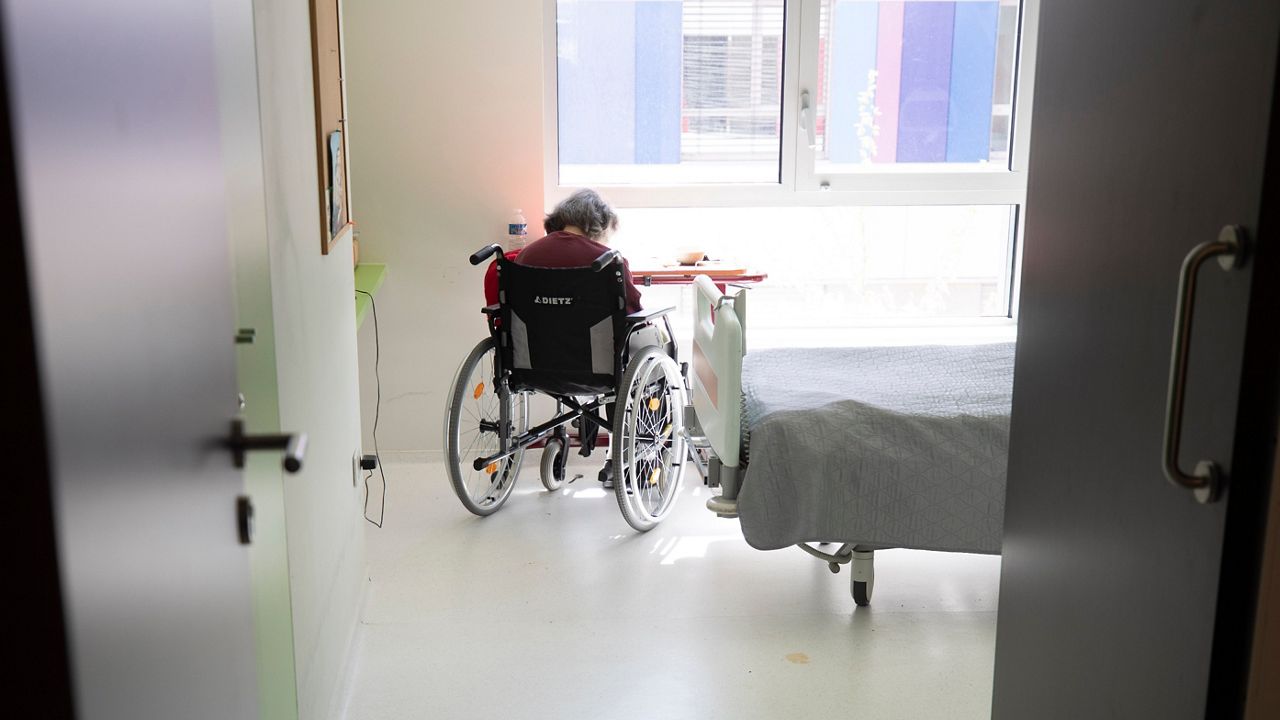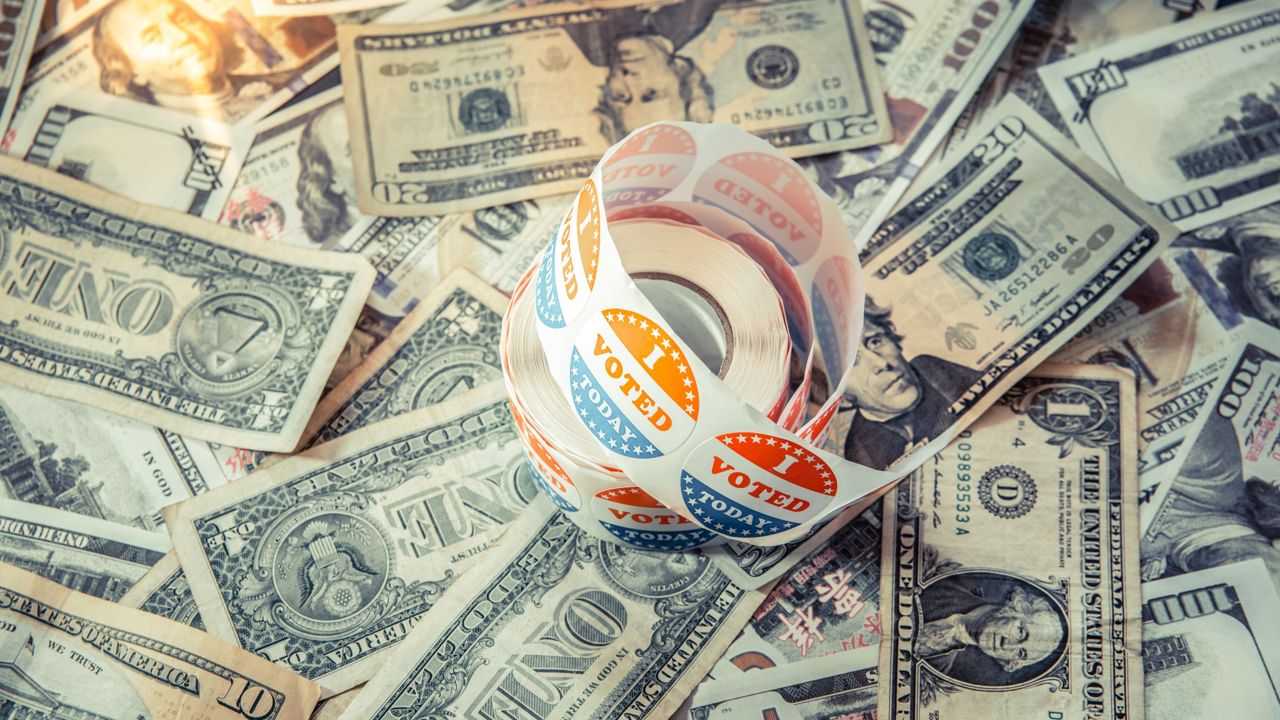BUFFALO, N.Y. -- Dank, the city of Buffalo's first cannabis dispensary, has been open for less than a year.
While owner Aaron Van Camp said the business has been lucrative so far, by April 15 he expects to give back a significant sum to the federal government when he files his income tax return.
"We're capped at what we can have in the bank and we don't anticipate that account having enough to pay what we're going to owe, the number's so great so we're actually setting up another account with a courier to work it out so we can pay the crazy amount that we'll owe them," Van Camp said.
New York's cannabis industry is expecting to pay much more in federal taxes than other small businesses because, while legal in the state, it remains federally illegal. As a result, Section 280E of the tax code severely limits what businesses can deduct from their-taxable income.
"We're basically trying to file extremely conservatively for what we could. Like everything that we're doing pretty much isn't even going to audit. We're filing as a C-Corp and we want everything to go smooth," Van Camp said.
He said he is continuing to use his normal business account but after taking a number of expensive meetings decided to hire a 280E specialist as well.
"The specialists don't come cheap," Van Camp said. "Typically they're asking for like $3,000 to $8,000 a month on retainer to have them which is very crazy to us. It's not something that we really anticipated."
The owner said in order to continue advocating against issues with the young industry, it's important he does everything by the book with his own business. He said he is concerned the IRS could be aggressive in collecting from others.
"I think it's going to pose a real problem in the industry is people don't understand the aspect of how much tax you owe," Van Camp said.
The good news, he said, is this could be the last year 280E is an issue if the federal government moves forward with rescheduling or descheduling cannabis which is currently a Schedule I substance. How quickly that moves forward could depend on the presidential election as the incumbent has been pushing to ease restrictions.
"It also depends on if he needs a push at the end and they feel like one side favorably could sway the election," Van Camp said.










